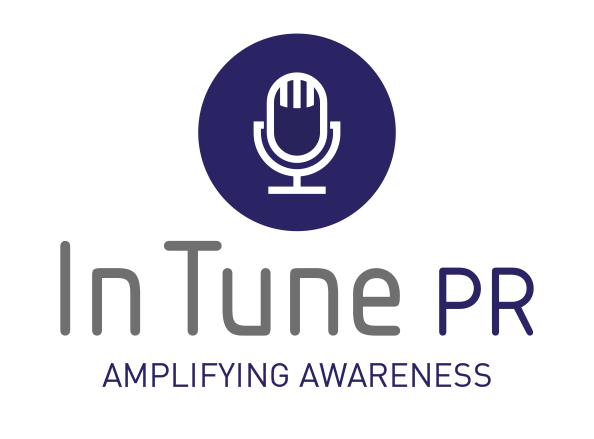This post is being published on the first day, 27th February, of Eating Disorder Awareness Week 2023. We hope the week makes a big difference.
It is very sad to reflect that young – and not so young – people are finding the contemporary world and the human condition so hard that they can fall victim to eating disorders, and might turn to drastic responses such as self-harm and suicide. So it is a pleasure to share an initiative that is starting to help young people in schools, and their teachers, to address eating disorders and what contributes to them in one location, with more to follow in the future. The below is taken from our Jenup eating disorder intervention workshops press release about the not-for-profit organisation Jenup and its breakthrough work in Bromley, London.
National Lottery funding to help Bromley schools
As Eating Disorder Awareness Week 2023 approaches (27th February to 5th March), the National Lottery has provided £9,750 to fund a series of workshops in schools provided by a Bromley-based initiative that will help young people in the London borough.
Not-for-profit organisation Jenup was created by Jenny Tomei, 32, a former anorexic (photo by Riccardo Sai), and aims to change young lives for the better through improved education around eating disorders.
“The National Lottery funding I have received to provide schools in Bromley with workshops around eating disorders and body image issues, some focused on how to spot the early signs of an eating disorder and how to respond, is a gamechanger”, says Jenny. “The fully-funded workshops for staff and students are essential to tackle the rise in eating disorders, and to provide young people with the right support they need, at a time when schools are facing challenging financial constraints. Our first partnership with a local school will begin soon, and I can’t wait to start. I am talking with other schools and the intention is to take this across the borough and, with further support, beyond.”
An exceptional effort
“Before this, in 2022, I literally got on my bike along with fellow former eating disorder sufferer, Sam Woodfield. We jointly completed a gruelling cycle and exercise challenge, with Sam riding 645km in 25 hours, which raised £1,611 for Jenup through crowdfunding. It was so worth it. I am grateful for every single pound donated by every contributor. It meant so much to me that people found the cause as important as we do. Then we applied for and, to my joy, succeeded with a National Lottery Funding bid and received £9,750 to get started in earnest. It is fantastic news and will make a big difference to young lives.”
Personal trauma
Jenny was inspired to found Jenup by her personal trauma. As she says, “I have a long history of over exercising and under eating. This had detrimental effects to my hormones and my digestive system. I suffered with a condition called intestinal permeability, which can be seen in athletes who over train and who are under-fueled. Mine was rather serious and my body just basically said NO! I couldn’t even run for a mile without my stomach becoming inflamed due to high levels of inflammation and imbalances in the gut. I had used exercise as a way to navigate grief and painful emotions, and I certainly learnt my lesson. I had to drop out of competitions, my running club, because my body just hit breaking point, and it’s taken me this long to make a comeback. After three years I was able to run ten kilometres again without being in pain or discomfort. Although I abused exercise for so long, I now exercise for my mental health. My passion is to spread more awareness about the side effects of over exercising and under eating on our overall health.”
Sam has also been through extreme physical and mental health challenges, which led to his support for the initiative. At one point, already-fit Sam lost a third of his bodyweight in a year, leading to profound consequences then reported on by the BBC. Sam is an ex-sufferer of anorexia and orthorexia, which is an obsession with clean eating. See www.bbc.co.uk/news/health-46469538.
The problem
UK-based eating disorders charity Beat Eating Disorders – www.beateatingdisorders.org.uk – estimates “…that around 1.25 million people in the UK have an eating disorder… Around 25% of those affected by an eating disorder are male. Recent research from the NHS information centre showed that up to 6.4% of adults displayed signs of an eating disorder (Adult Psychiatric Morbidity Survey, 2007)… Exact prevalence rates of eating disorders are difficult to gauge. A 2017 study by Hay et al found that anorexia accounted for 8% of cases, avoidant/restrictive food intake disorder (ARFID) 5%, binge eating disorder 22%, bulimia 19%, and other specified feeding or eating disorder (OSFED) 47%. … Although many eating disorders develop during adolescence, it is not at all unusual for people to develop eating disorders earlier or later in life. In fact, we are aware of cases of anorexia in children as young as 6 and some research reports cases developing in women in their 70s. Outside of the stereotypical age bracket, people are less likely to be appropriately diagnosed due to a lack of understanding and awareness of eating disorders in these age groups.”
Links
- Website: jenup.com
- Facebook: @askjenup
- Instagram: @askjenup
- Tik Tok: @jentomei
- You Tube: youtube.com/@askjenup
- Jenup podcast: https://open.spotify.com/show/0RJ6dobFqGnUzXhuiJbGm7?si=9e8ca6496149408e
Contact
Darren Weale, In Tune PR
Email: darren@intunepr.co.uk
Tel : 07708 712011


Recent Comments